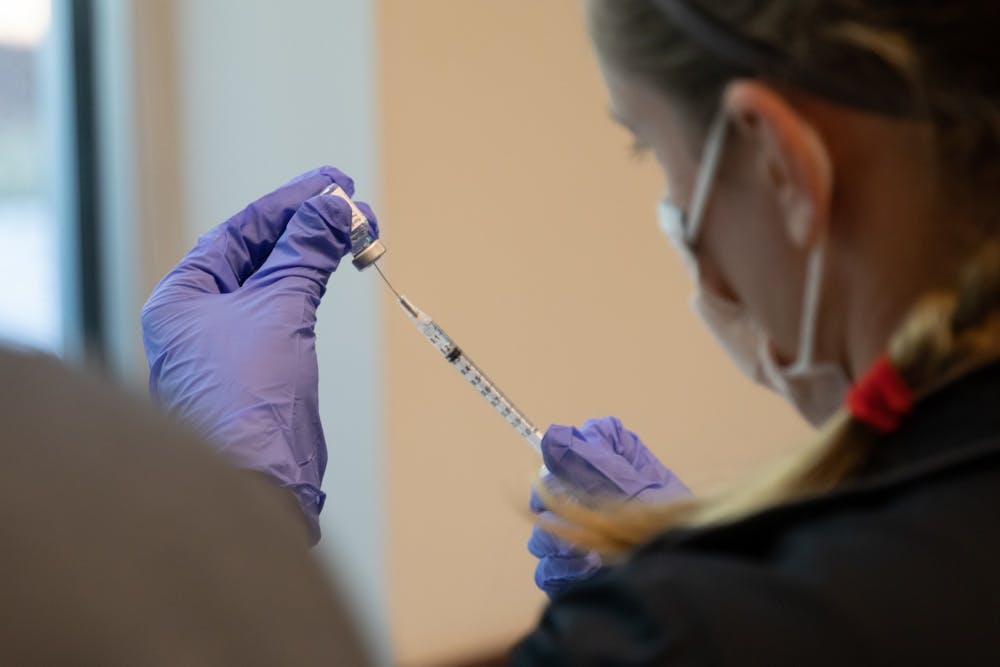In the United States, cruel and unusual punishment is alive and well, and Alabama’s most recent maneuver around lethal injection sets a dangerous precedent for the justice system.
On Jan. 25, Alabama made history by using nitrogen gas as a method of capital punishment. It was the first time the method was used — not just in the United States, but in the entire world. The inmate sentenced to death, Kenneth Smith, was convicted of capital murder in 1988 and again in 1996. Despite the jury voting 11-1 in favor of a life sentence, the judge sentenced Smith to death. Witnesses of his execution reported he was conscious and writhing for several minutes before he was deprived of oxygen.
The use of this untested punishment demonstrates the utter lack of regard towards incarcerated people, but this is nothing new. Lethal injection, after all, has been the primary method in the 27 states that have the death penalty (including North Carolina) even though it can result in botched executions, medical professionals struggling to access veins, or inmates dying from asphyxiation, which harshly contrasts the peaceful picture many imagine the procedure to be.
These instances of botched executions led Alabama Gov. Kay Ivey to pause executions in 2022, a policy that lasted until July 2023, citing complications associated with lethal injection.
Smith appealed his case to the Supreme Court, arguing that the use of the untested nitrogen hypoxia method was a violation of his Eighth Amendment rights. The Court denied certiorari, halting the case from proceeding to arguments. Justices Elena Kagan, Ketanji Brown Jackson and Sonia Sotomayor dissented.
“Having failed to kill Smith on its first attempt, Alabama has selected him as its ‘guinea pig’ to test a method of execution never attempted before,” Sotomayor said in her dissenting opinion. “The world is watching. This court yet again permits Alabama to ‘experiment…with a human life.’”
In North Carolina, the death penalty is legal but has been in a de facto moratorium since its last execution in 2006. While people are still routinely sentenced to death in some counties, life without parole sentences have become a common alternative in most.
This notion has inspired North Carolinians to call on Gov. Roy Cooper to vacate all death row inmates before his term ends, calling it an act of racial justice.
Ivey temporarily made the right call in pausing executions in 2022. But what she’s doing now is a method that is both uncharted and equally cruel.




